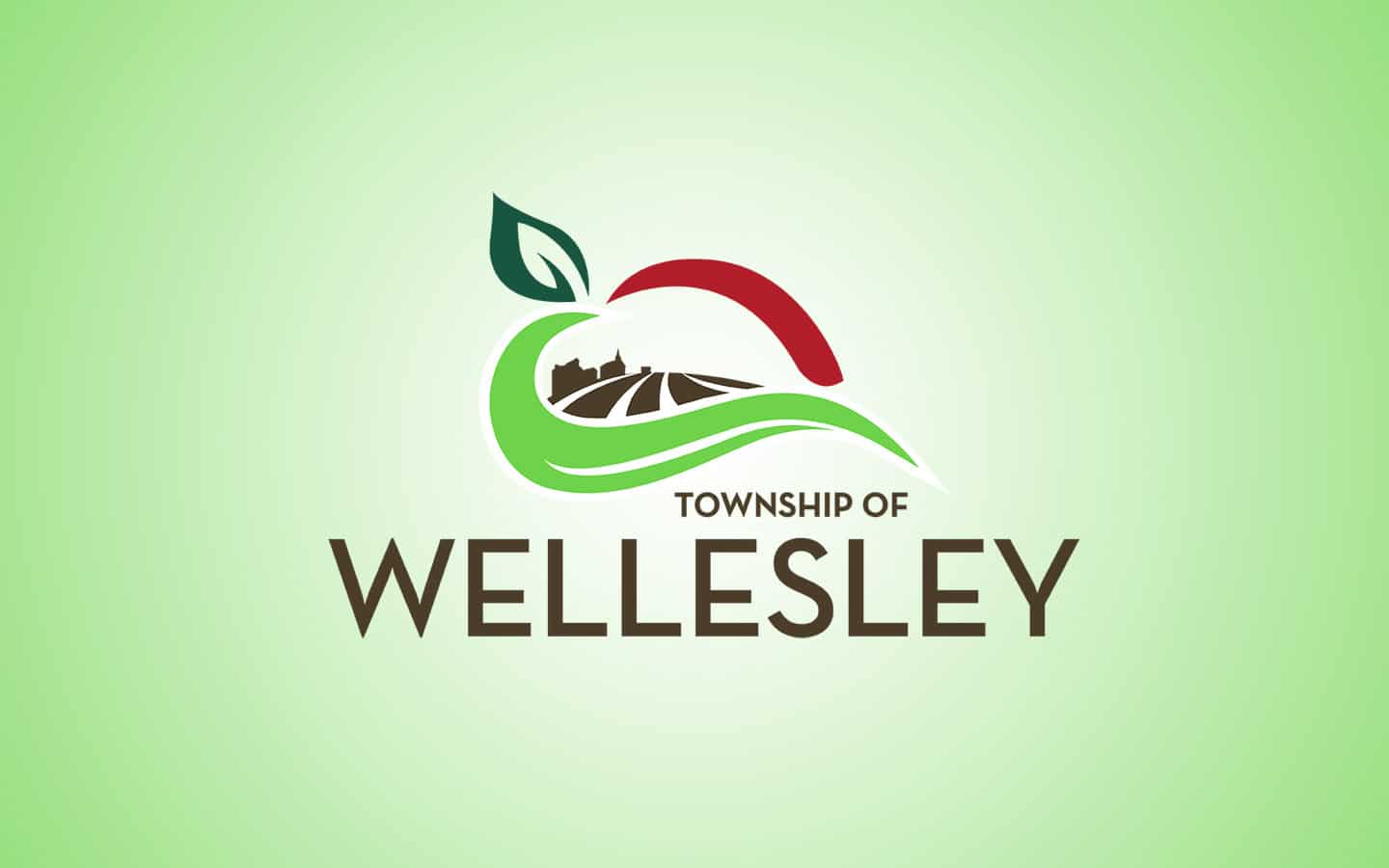With the region now in stage 3 of the province’s reopening plan, public health officials are being extra vigilant about a potential spike in COVID-19 cases. Thus far, the transition has gone smoothly.
Residents have been following the required precautions, including a wide uptake on the mandatory mask policy instituted by regional council July 13.
The number of new cases remains low and stable, but officials warn against letting down our guard, advocating for physical distancing, face coverings and hygiene measures. They also advise you get tested if you start to develop any symptoms or believe you’ve been in contact with someone that has been carrying the virus.
On Monday, for instance, the region saw just six new cases of the virus, down significantly from mid-April, for instance, when there were 74 cases in one day. It’s clear the virus’ spread is subsiding, albeit slowly, said medical officer of health Dr. Hsiu-Li Wang in a video briefing July 21.
At midweek, there were just 53 active cases of COVID-19 in the region. There have been 119 fatalities. Since the virus first surfaced here, there have been 1,368 cases, of which 1,196 have been resolved (87 per cent). While testing numbers increase, the rate of positive results has fallen to 2.9 per cent, down from a height of about seven per cent.
There’s no reason to be complacent, however, Wang warns.
“We all have a role to play in helping our community move forward in stage 3 and beyond. What comes next depends on the actions of each and every one of us. We have seen what can happen when citizens stop adhering to public health practices, not only south of the border, but also in other places in Canada, such as in BC and Alberta, where infection rates have started to rise again after a period of low rates. As we begin stage 3, we must not let up our guard. We must not take for granted what we have been able to gain through our collective efforts. Let’s continue to protect each other,” she said.
The region’s mask bylaw was adopted in advance of the stage 3 plan, which allows a wider range of businesses to open and activities to resume. Anecdotal evidence shows there was widespread compliance during the first week.
With the new requirements, regional Chair Karen Redman called on residents to be understanding of the new rules, noting not everyone is in a financial position to afford masks.
“For residents in need of a free masks, we know that most local social service agencies are providing them to clients at no cost. Free fabric masks are also available from Grand River Transit, Cambridge Memorial Hospital, emergency shelters and welcome spaces in regional buildings. Our local United Way Waterloo is collecting donations and organizing the distribution of free masks to citizens who can’t afford one. If you can donate masks, please contact the United Way.”
In neighbouring Wellington-Dufferin-Guelph, the numbers continue to remain lower, as they have throughout the crisis. Public Health there made masks mandatory in mid-June.
The area reports 21 active cases, 514 cases to date. Of those, 455 have been resolved showing a recovery rate of 88.7 per cent. There have been 37 deaths in the catchment area.
The Ministry of Health reported 38,107 cases of the novel coronavirus in Ontario on Wednesday. There have been 2,753 deaths attributed to the virus, representing a mortality rate of 7.3 per cent. The ministry reports 33,812 cases (88.7 per cent) have been resolved.
The latest numbers from Health Canada show 111,697 confirmed cases of COVID-19 nationwide, with 8,862 related deaths, a mortality rate of 7.9 per cent.









